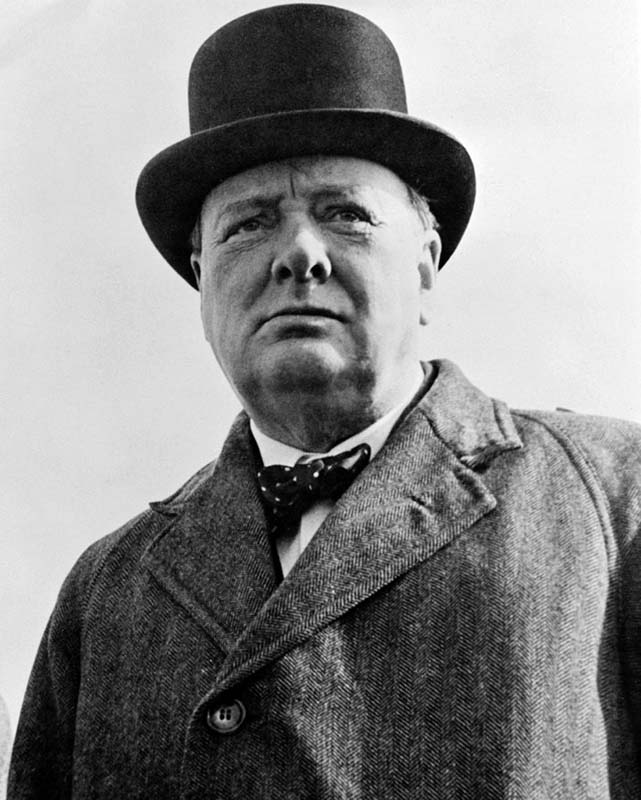Are You Brilliant And Admirable Or Indispensable?
Can “average” CEOs become indispensable?
In Charles Krauthammer’s book “Things That Matter: Three Decades of Passions, Pastimes and Politics,” he argues that when the folks at Time magazine chose Albert Einstein as Person of the Century in 1999, they erred. He argues that it should’ve been Winston Churchill.
While singing Einstein’s praises, Krauthammer points out that eventually someone else would’ve found Einstein’s ideas had he not birthed them. Although brilliant and admirable, he was not “indispensable.”
Churchill, on the other hand, was indispensable because without his leadership in World War II, Krauthammer suggests, “the world today would be unrecognizable — dark, impoverished, tortured.”
Most business “leaders” aren’t indispensable (some would argue that they aren’t even necessary, but I don’t buy it). In fact, many of them are managers rather than leaders depending on how you define the two terms (in my mind, leaders drive change, and managers tame complexity). Until a business faces significant headwinds (e.g., competition, changing customer preferences, new technology and regulation) or identifies a new opportunity that requires significant change, the CEO is most often like a pilot on a routine flight — probably well-trained, able to use systems at his or her command and methodically following a checklist. The CEO lands the plane and the next “plug and play” pilot does the same thing. A critical role, but one undifferentiated from the other.
Different aircraft have different checklists and slightly different technology, but changing from one aircraft to another requires a bit of training that isn’t all that difficult. Yes, pilots flying the heavy iron do train to a much higher level of proficiency, but it’s not as if they transition from flying an Airbus 380 to dancing with the Bolshoi Ballet!
There’s nothing wrong with CEOs who never have to enact dramatic change. Some industries and individual businesses can run for decades without significant change. It’s tough to effectively execute an inherited strategy and vision — perhaps from the founder or one that evolved over many years. Done well, it requires planning, hard choices, systems thinking and an ability to build commitment within the team. It’s admirable work!
However, taking a sharp turn is a different matter. More like freestyle ballet than flying with a checklist.
It takes indispensable leaders to look at a brick wall (hopefully one that they’re years away from hitting) or see a bright future over a different horizon and then redefine where “there” is and how to get there. That doesn’t mean that they have to do it on their own any more than Churchill fought the war by himself. It does mean, however, that they serve as a catalyst for the change. It requires an ability to craft a new vision, articulate a fresh strategy, and then plan and execute that strategy.
Can “average” CEOs become indispensable? Yes, if they have the desire, resilience and process to do so and they anticipate significant pain or see a much brighter future through change. Should CEOs initiate a strategic shift without anticipated pain or benefit? Hell no — that would be stupid!
The world needs a lot of Einsteins in the C-suite. It also occasionally needs Churchills. If you’re a board member hiring a new CEO, you need to know which one you need. If you’re a candidate for the top job, you need to know who you are.

coaches CEOs to higher levels of success. He is a former CEO and has led teams as large as 7,000 people. Todd is the author of, Never Kick a Cow Chip On A Hot Day: Real Lessons for Real CEOs and Those Who Want To Be (Morgan James Publishing).
Connect with Todd on LinkedIn, Twitter, call 303-527-0417 or email [email protected].
